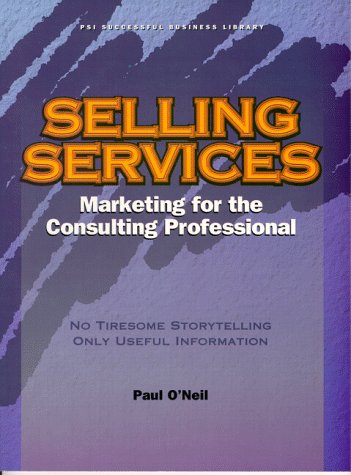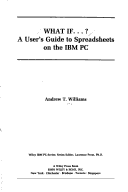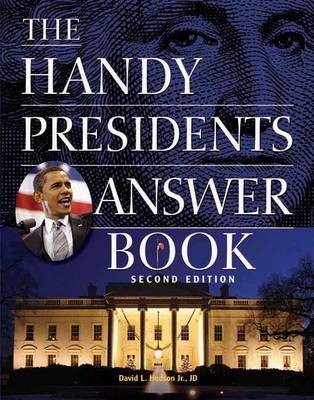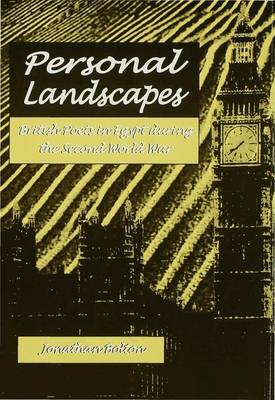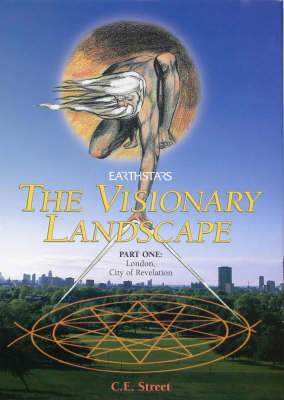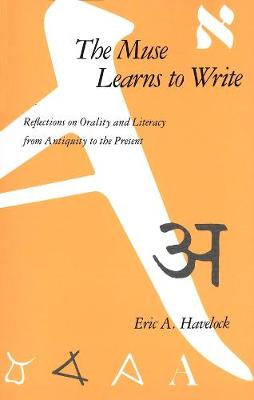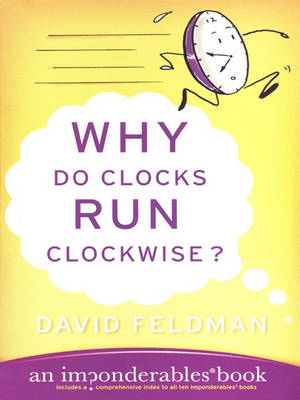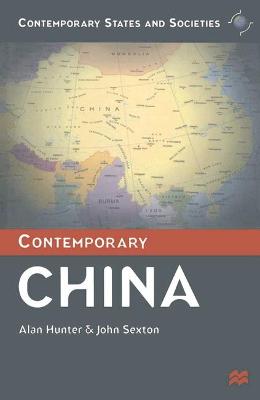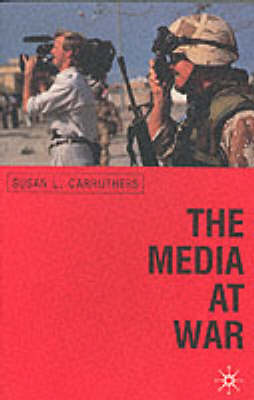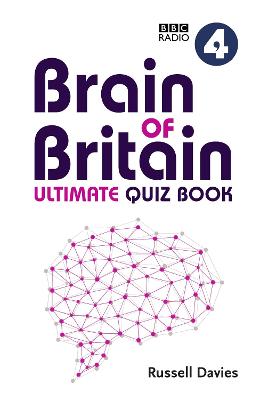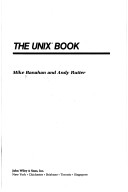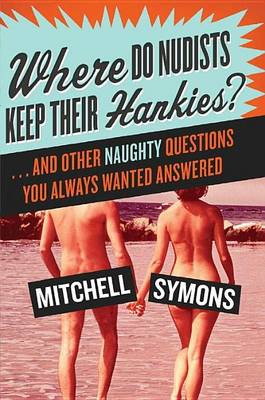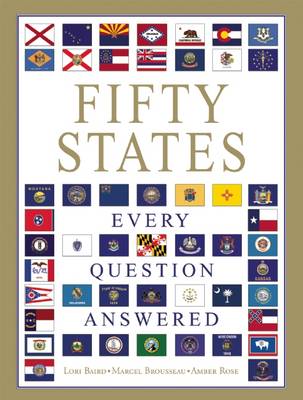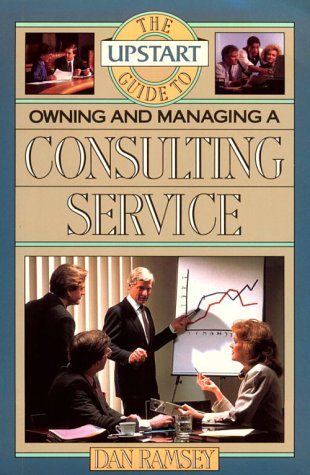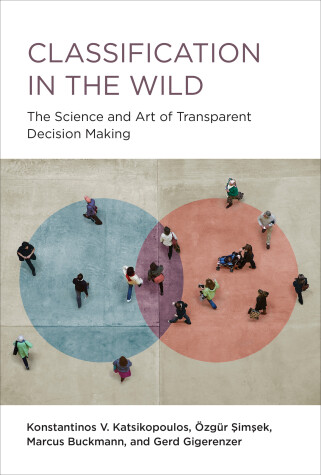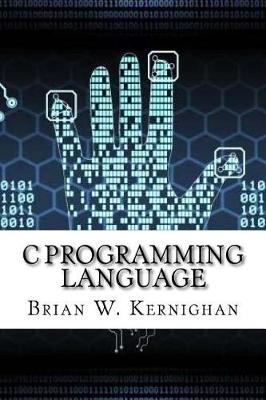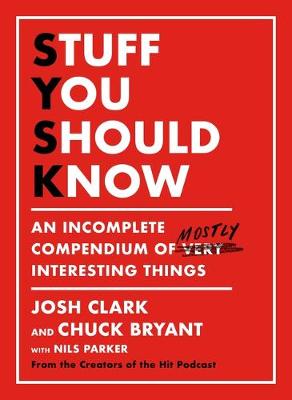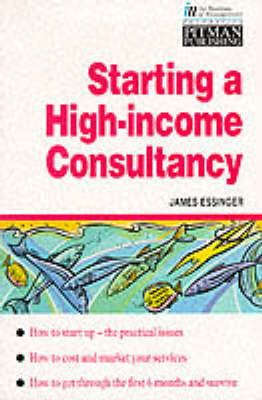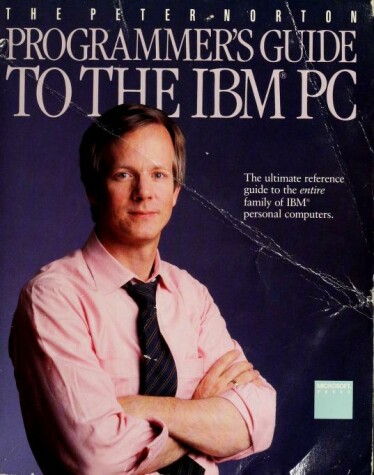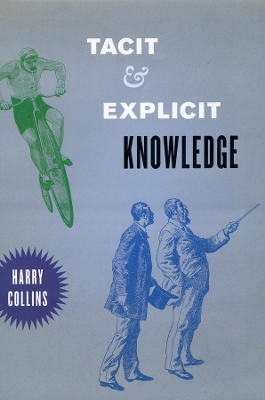The Handy Presidents Answer Book (The Handy Answer Book) (Handy Answer Books)
by David L. Hudson
Offering an engaging overview of the U.S. presidency and all past presidents, this valuable tome asks a variety of questions, from the trivial to the topical, that further expands one's understanding of America's highest office. With an intriguing range of questions about religious affiliations, unusual backgrounds, and tidbits of odd trivia from Which president killed a man in a duel? to Who was the first Baptist to become president? this reference also covers former presidential candidates, fi...
This is an examination of the poetry of writers living in Egypt during World War II, such as Lawrence Durrell, Bernard Spencer, G.S. Fraser and Keith Douglas. In addition, the author goes on to explore the larger realm of the literature of exile, its uniqueness to the 20th century, its connection to war poety, and its presence in the work of the aforementioned poets. The text concludes with a look at the influence of these poets on the direction of British poetry after the war.
One of the most original and penetrating thinkers in Greek studies describes the transformation from oral culture to literacy in classical times and reflects upon its continued meaning for us today. "Fresh insights into the orality-literacy shift in human consciousness from one who has long been studying this shift in ancient Greece and has now brought his vast learning and reflections to bear on our own times. This book is for a wide audience and calls for thoroughly rethinking current views...
Why Do Clocks Run Clockwise? (Imponderables, #2)
by Professor David Feldman
Contemporary China (Contemporary States and Societies)
by Alan Hunter and John Sexton
Assuming no prior knowledge, Contemporary China provides a lively and readable introduction to the politics, society, culture, economy and international relations of China at the turn of the century. Introductory chapters set the scene in terms of history and natural and human resources and a concluding chapter assesses the prospects for the future.
Ideas, says Cohen, have now attained "commodity" status in the academy and knowledge is now seen as another capitalistic "industry". In "Academia and the Luster of Capital", the specific and material workings of this economy of the marketplace of ideas are both revealed and interrogated. Cohen uses paradigms from Baudrillard, Lyotard, Deleuze, and Guattari to assemble a "war machine" against the well-oiled apparatus of self-preservation and self-reproduction of the academic institution. In detai...
Drawing on examples from the 20th century's "total wars" and also "limited wars", terrorist campaigns and "complex emergencies" such as Rwanda and Somalia, this study argues that the media's performance in wartime may result as much from peacetime journalistic practices as from the special circumstances of war. The book concludes by assessing the impact of new communications technology and how the representation of future wars is likely to differ from those in the past.
Pit your wits against some of the brightest minds in Britain by taking up the challenge of this ultimate quiz of 2000 questions from the Brain of Britain archives. Brain of Britain is the longest-running of all the broadcast quiz shows open to the public in Britain. With questions covering a wide range of general knowledge topics, let Russell Davies guide you through this challenging and entertaining set of 50 quizzes. Includes a fascinating history of the programme and the characters...
"50 States, Every Question Answered offers readers an in-depth look at the individual states that together make up this fascinating nation. From the skyscrapers of New York to the mountains of Colorado to the beaches of California, just about every interesting corner of America is explored in this informative guide"--
The Upstart Guide to Owning and Managing a Consulting Service
by Dan Ramsey
Classification in the Wild
by Konstantinos V. Katsikopoulos, Ozgur Simsek, Marcus Buckmann, and Gerd Gigerenzer
Rules for building formal models that use fast-and-frugal heuristics, extending the psychological study of classification to the real world of uncertainty. This book focuses on classification--allocating objects into categories--"in the wild," in real-world situations and far from the certainty of the lab. In the wild, unlike in typical psychological experiments, the future is not knowable and uncertainty cannot be meaningfully reduced to probability. Connecting the science of heuristics with m...
Introduces the features of the C programming language, discusses data types, variables, operators, control flow, functions, pointers, arrays, and structures, and looks at the UNIX system interface.
"Provides detailed descriptions of the history, beliefs, symbols, rituals, observations, customs, leaders, and organization of the world's second largest religion, [explaining] the significance of the Five Pillars, Muhammad, various sects, the Qur'an, Islamic law, and much more"--
Josh Clark and Chuck Bryant started the podcast Stuff You Should Know back in 2008 because they were curious-curious about the world around them, curious about what they might have missed in their formal educations, and curious to dig deeper on stuff they thought they understood.As it turns out, they aren't the only curious ones. They've since amassed a rabid fan base, making Stuff You Should Know one of the most popular podcasts in the world. Armed with their inquisitive natures and a passion f...
Many managers dream of setting up on their own. But few really understand the implications or know how they should go about it. This book takes the reader through every aspect of setting up and operating a consultancy which can generate a high income. It begins by taking a look at if you really are suited to the rigours of self-employment - both from a personal stance and a business position. Once you have decided to set yourself up, the book goes step-by-step through all the practical issues in...
A gold mine of insights, techniques and technical data, this guide includes information on the similarities and differences among IBM's five personal computers, plus tips for programming in assembly language, BASIC, C and Pascal. An Ingram computer book bestseller for over a year.
Much of what humans know we cannot say. And much of what we do we cannot describe. For example, how do we know how to ride a bike when we can't explain how we do it? Abilities like this were called 'tacit knowledge' by physical chemist and philosopher Michael Polanyi, but here Harry Collins analyzes the term, and the behavior, in much greater detail, often departing from Polanyi's treatment. In "Tacit and Explicit Knowledge", Collins develops a common conceptual language to bridge the concept's...
